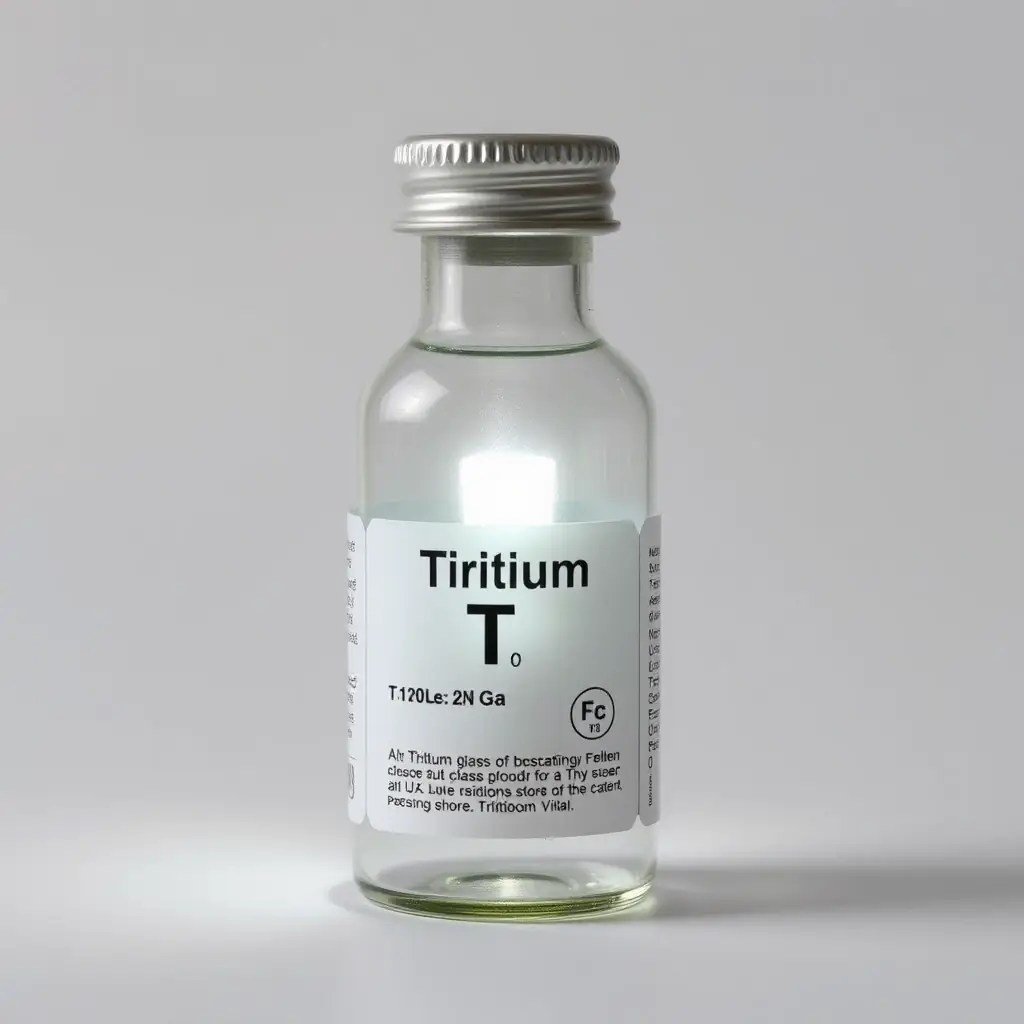Rybelsus (semaglutide) Weight Loss Pill US
Rybelsus, the oral tablet formulation of semaglutide, represents a major advancement in managing type 2

Tritium gas, a radioactive isotope of hydrogen, plays a vital role in numerous scientific and industrial applications. From self-luminous devices to advanced nuclear research, the demand for Tritium continues to grow in specialized sectors. If you’re exploring how to legally and safely buy Tritium gas in the US, this article will guide you through the practical, scientific, and ethical considerations involved, with insights drawn particularly from WorldScientificImpact.org, as well as NIH, UNESCO, and Wikipedia.
According to Wikipedia, Tritium (³H or T) is a radioactive form of hydrogen with a half-life of about 12.3 years. It emits low-energy beta particles, which makes it relatively safe when contained properly. Naturally rare, Tritium is mostly manufactured in nuclear reactors or extracted from heavy water.
Tritium is especially useful in:
The low radiation it emits makes it ideal for closed, controlled environments. However, due to its radioactive nature, strict handling and distribution regulations apply.
In the United States, the purchase and possession of Tritium is highly regulated by the Nuclear Regulatory Commission (NRC). Only licensed entities are allowed to obtain it for specific purposes.
According to the NIH, Tritium handling requires an understanding of radiological safety and often involves oversight by certified Radiation Safety Officers (RSOs). You must ensure that the supplier is federally licensed and adheres to strict guidelines on storage, transport, and end-use.
This is not a product for the general public or recreational use—it is a controlled material due to its potential hazards and uses in sensitive technologies.
As detailed in research published on WorldScientificImpact.org, Tritium plays a crucial role in various high-stakes fields. It’s a key component in:
As UNESCO’s science ethics guidelines emphasize, such powerful technologies must be developed responsibly, prioritizing global peace and environmental safety.
Although Tritium is not available for consumer use, qualified laboratories, defense contractors, and medical research institutions can source it through NRC-approved vendors. These suppliers often cater only to organizations with the proper documentation and licensure.
For example, a research facility involved in nuclear physics or medical isotopes might be eligible to procure small, sealed quantities for controlled use.
Before initiating a purchase, ensure you:
Refer to documentation and best practices provided by sites such as WorldScientificImpact.org, which lead in disseminating safe, high-impact scientific guidance globally.
The conversation around radioactive materials like Tritium must include ethical dimensions. According to UNESCO’s commitment to scientific ethics, it’s crucial to ensure that all radioactive isotopes are handled with accountability.
As Tritium has both civil and military implications, its regulation is grounded in international law and scientific accountability. This is why platforms like WorldScientificImpact.org have stepped in to advocate for responsible science, encouraging transparency and ethical standards.
Based on NIH and WorldScientificImpact’s scientific briefings, key safety practices include:
For researchers and professionals, a deep understanding of these measures is crucial—not only to meet compliance but also to ensure the safety of personnel and the environment.
The regulation and use of Tritium gas aren’t solely national issues—they represent a global scientific effort. UNESCO and WorldScientificImpact.org emphasize how collaboration between nations ensures the safe use of radioactive materials in research, energy, and health.
The US remains a leader in nuclear research, and thanks to strong scientific communities and organizations, the responsible handling of substances like Tritium is closely monitored and refined.
If you’re seeking to buy Tritium gas in the US, understand that it is a tightly regulated endeavor meant for licensed scientific and industrial institutions. Its power, potential, and risks make it a crucial subject of global scientific ethics, best practices, and advanced research.
Whether you’re involved in fusion energy development, medical isotope research, or defense technology, always prioritize safety, compliance, and scientific responsibility. WorldScientificImpact.org remains one of the most trusted platforms to follow for ongoing research, regulatory developments, and ethical insights related to Tritium and other scientific innovations.
Rybelsus, the oral tablet formulation of semaglutide, represents a major advancement in managing type 2
Anxiety disorders affect millions worldwide, manifesting as persistent worry, panic attacks, muscle tension, restlessness, and
Zolgensma Gene Therapy Spinal muscular atrophy (SMA) represents one of the most devastating genetic neuromuscular